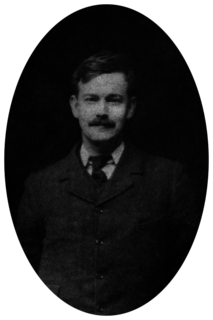A Quote by Jean-Jacques Rousseau
I think we cannot too strongly attack superstition, which is the disturber of society; nor too highly respect genuine religion, which is the support of it.
Related Quotes
We cannot think too highly of our nature, nor too humbly of ourselves. When we see the martyr to virtue, subject as he is to the infirmities of a man, yet suffering the tortures of a demon, and bearing them with the magnanimity of a God, do we not behold a heroism that angels may indeed surpass, but which they cannot imitate, and must admire.
If the blessings of our political and social condition have not been too highly estimated, we cannot well overrate the responsibility and duty which they impose upon us. We hold these institutions of government, religion, and learning, to be transmitted, as well as enjoyed. We are in the line of conveyance, through which whatever has been obtained by the spirit and efforts of our ancestors is to be communicated to our children.
The definitions of humanism are many, but let us here take it to be the attitude of those men who think it an advantage to live in society, and, at that, in a complex and highly developed society, and who believe that man fulfills his nature and reaches his proper stature in this circumstance. The personal virtues which humanism cherishes are intelligence, amenity, and tolerance; the particular courage it asks for is that which is exercised in the support of these virtues. The qualities of intelligence which it chiefly prizes are modulation and flexibility.
You can think too highly of your interpretations of Scripture, but you cannot think too highly of Scriptures interpretation of itself. You can exaggerate your authority in handling the Scriptures, but you cannot exaggerate the Scriptures authority to handle you. You can use the word of God to come to wrong conclusions, but you cannot find any wrong conclusions in the word of God.
I have neither the scholar's melancholy, which is emulation; nor the musician's, which is fantastical; nor the courtier's, which is proud; not the soldier's which is ambitious; nor the lawyer's, which is politic; nor the lady's, which is nice; nor the lover's, which is all these: but it is a melancholy of mine own, compounded of many simples, extracted from many objects, and indeed the sundry contemplation of my travels, which, by often rumination, wraps me in a most humorous sadness.







































